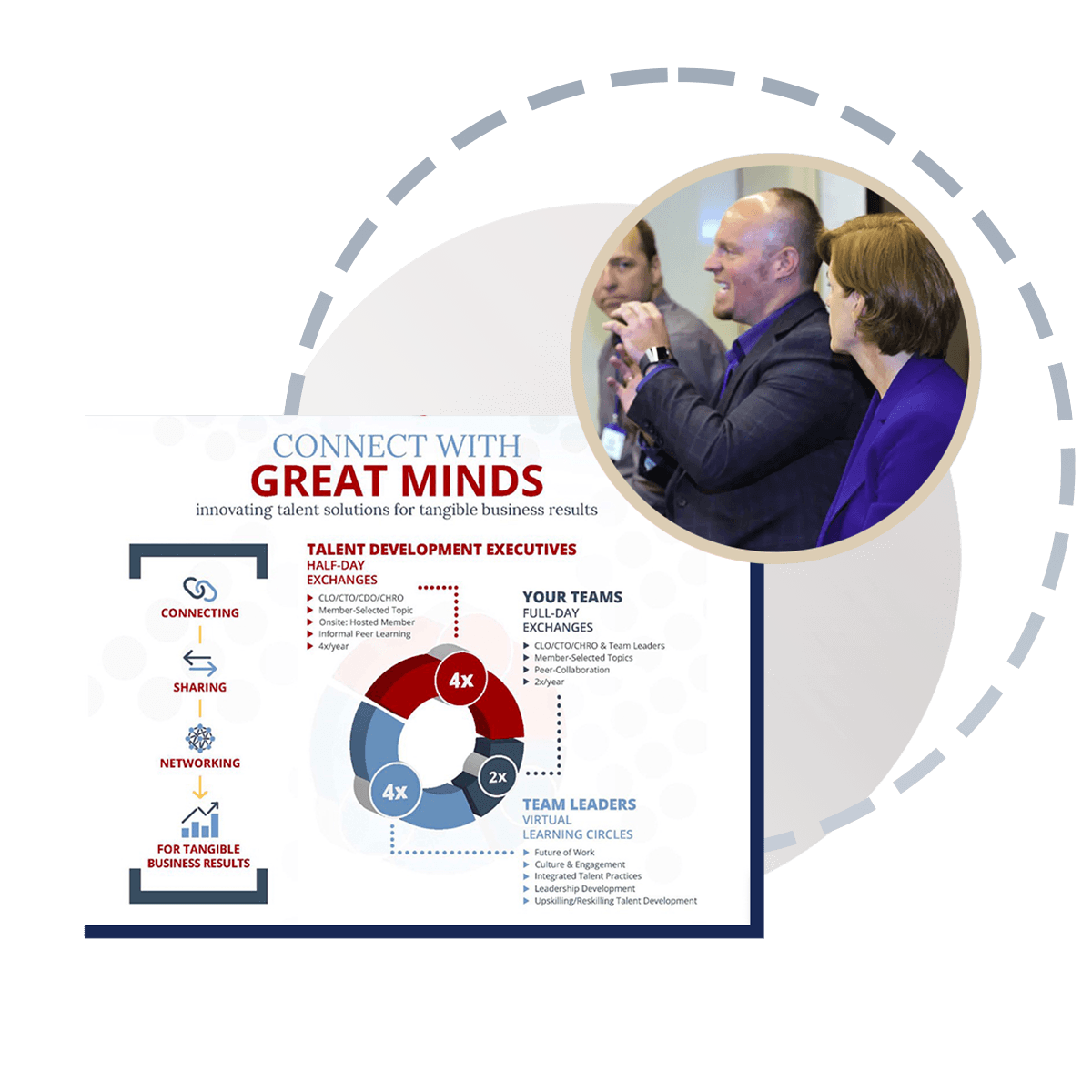"What I discovered was job task analysis as a start because that's the basis of figuring out what it is people do to be successful." -- Nick Allen
This session provided valuable insights into the essential process of Job Task Analysis (JTA) for building a robust skills taxonomy within organizations. Here are three key takeaways from the session:
- Job Task Analysis (JTA) is Essential: JTA is the foundational method for identifying and understanding the skills needed for various roles within an organization. It involves collaboration between managers and high-performing employees to brainstorm and validate the skills that are critical for success.
- Criteria for Skill Assessment: Effective skill assessment should consider three main criteria: the frequency of skill use, the consequences of poor performance, and the difficulty of learning the skill. This ensures that the most relevant and critical skills are prioritized, enabling organizations to focus on what truly matters for performance and development.
- Integration of Soft Skills in Simulations: Using immersive learning simulations to measure and develop soft skills is crucial. These simulations help organizations verify and enhance employees' soft skills, providing data-driven insights for continuous improvement. This approach ensures that employees are well-rounded and prepared to meet the dynamic challenges of the workplace.
In conclusion, the session highlighted the importance of starting with a solid skill foundation through JTA. By systematically identifying and assessing the skills needed for each role, organizations can build a comprehensive skills taxonomy that supports effective talent development and succession planning.
